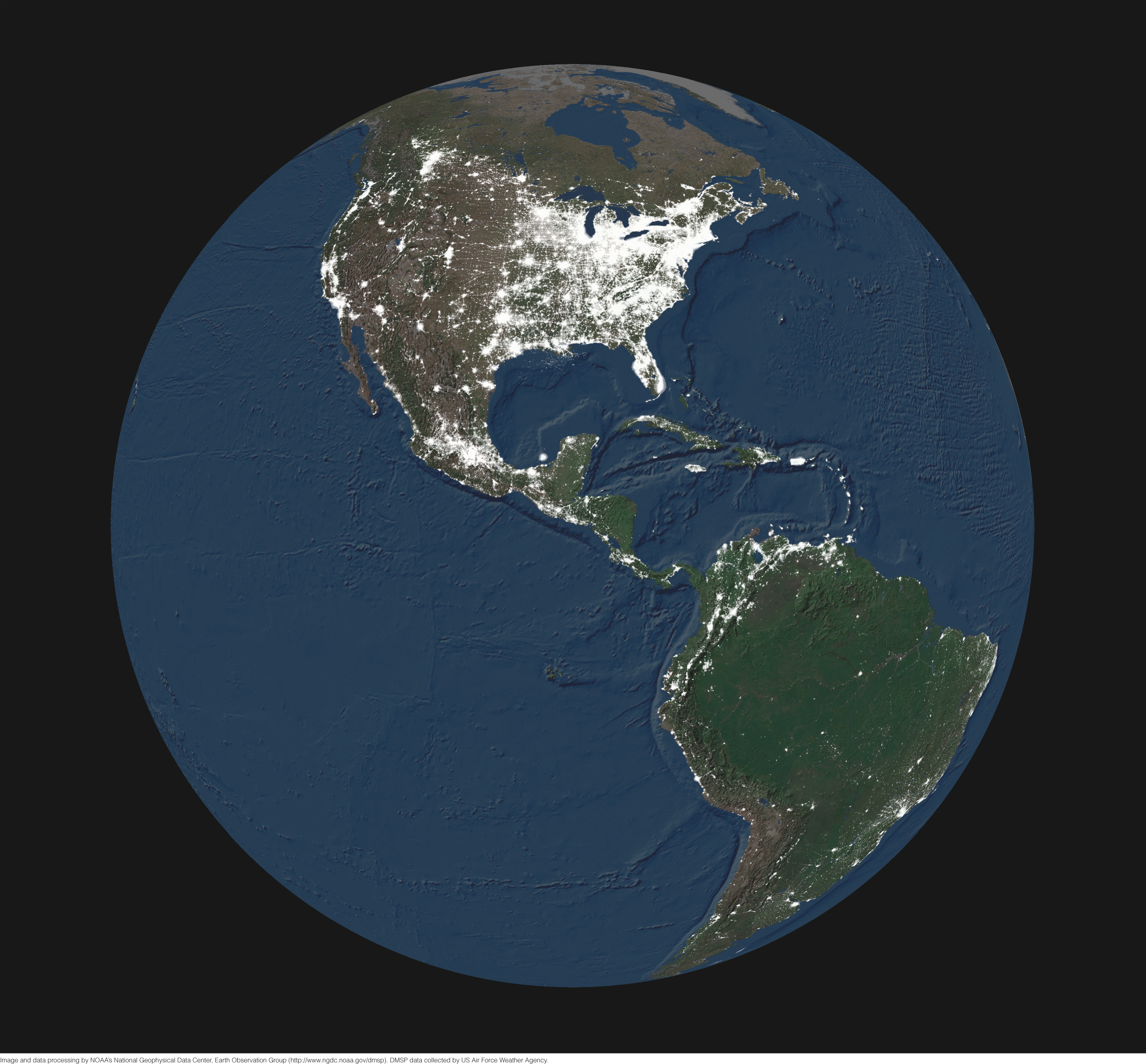640

THE HUMAN IMPACT ON EARTH’S ENVIRONMENT
 Civilization as a Global Geosystem
Civilization as a Global Geosystem Fossil-Fuel Resources
Fossil-Fuel Resources Alternative Energy Resources
Alternative Energy Resources Global Change
Global Change Earth System Engineering and Management
Earth System Engineering and Management
641
IN THE FOREGOING CHAPTERS, we have seen how a better understanding of the Earth system can improve the human condition by helping us find natural resources, sustain the natural environment, and reduce the risks from natural hazards. But the progress of human civilization cannot be taken for granted. The human population is growing at a phenomenal rate, and Earth’s natural resources are necessarily limited. Environmental conditions and overall prosperity are not improving in some parts of the world, and the prospects for detrimental changes to the global environment loom large. Balancing the benefits we reap from our use of natural resources against the costs of that use—such as harmful changes to the geosystems that sustain us—raises new challenges for Earth science and society.
In this final chapter, we survey the energy resources that power our economy and examine how our use of those resources affects our environment. We focus on two of civilization’s most pressing problems: the need for more energy resources to power economic development and the potential for climate change that arises from our economic activities.
Our economy depends on the burning of a nonrenewable energy resource (fossil fuels) that produces a potentially dangerous greenhouse gas (carbon dioxide). This stark reality poses some difficult questions: How long will our fossil-fuel resources last? To what extent will the increase in atmospheric carbon dioxide concentrations caused by fossil-fuel burning adversely affect the global climate? How quickly will we need to replace fossil fuels with alternative energy sources? These questions have political and economic dimensions that extend far beyond Earth science, so they do not have strictly scientific answers. Nevertheless, the decisions we will make as a society must be informed by our best and most realistic scientific predictions about how the Earth system will change over the next decades and centuries. Reasonable predictions can be made only if we include human civilization as part of the Earth system.
642